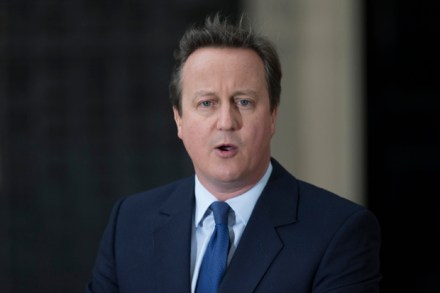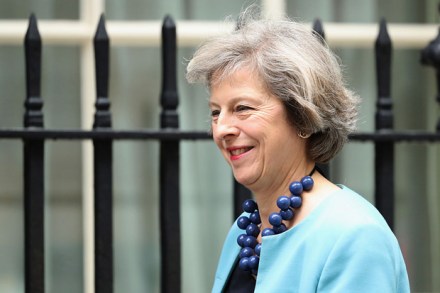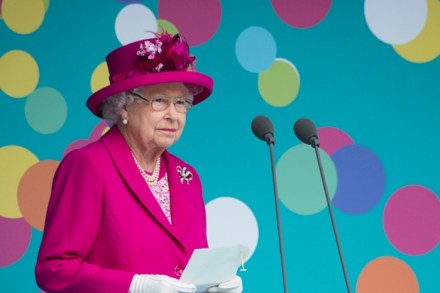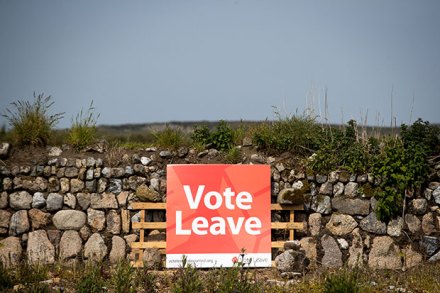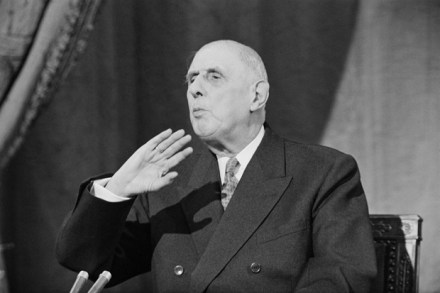The Spectator’s notes | 4 August 2016
The Daily Telegraph revealed on Tuesday that Michael Spencer, the chief executive of Icap, has been blocked for a peerage by the House of Lords Appointments Commission (Holac). All the indignation just now is against David Cameron’s resignation honours list, packed with his ‘cronies’, who allegedly include Mr Spencer. It is misdirected. The real anger
